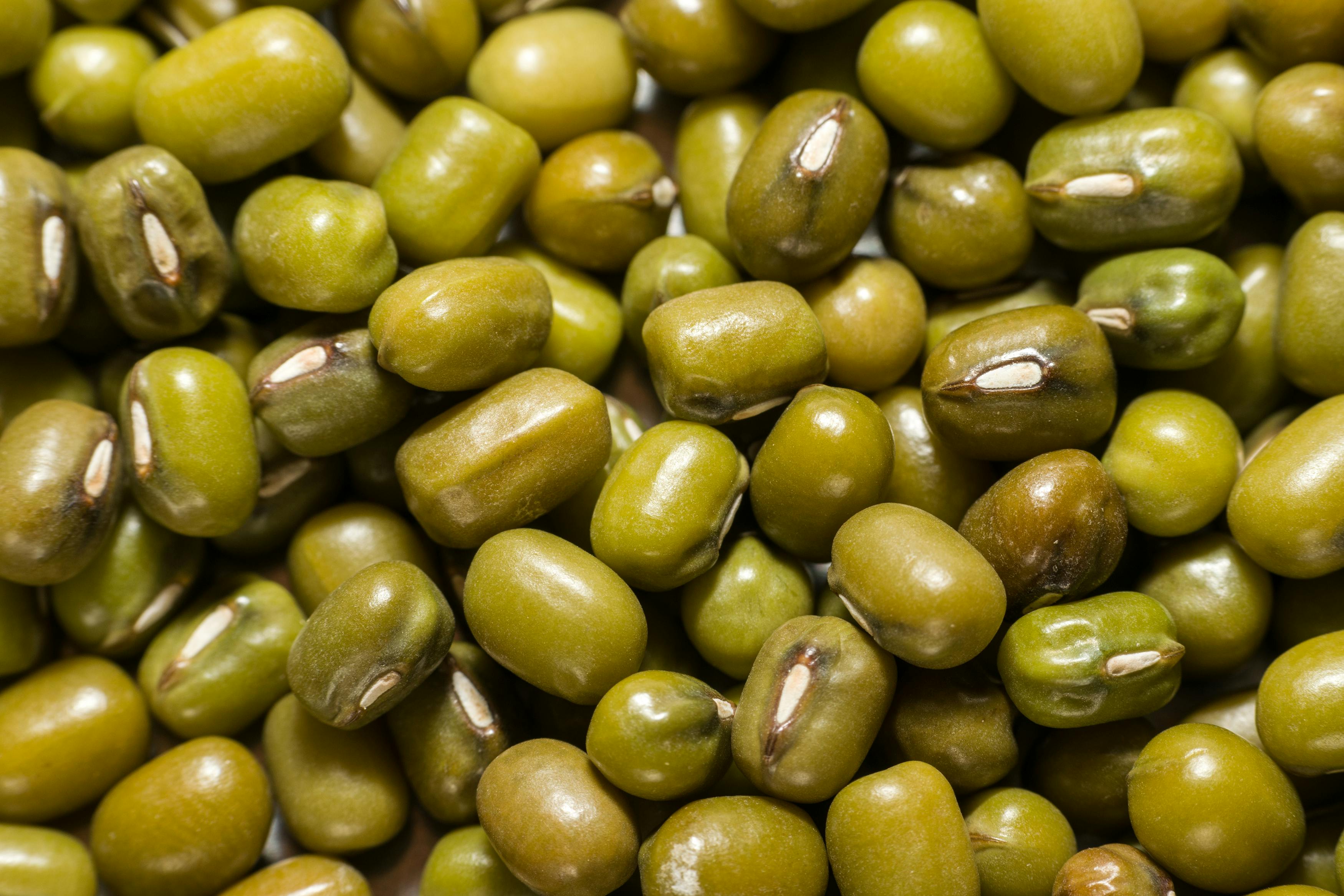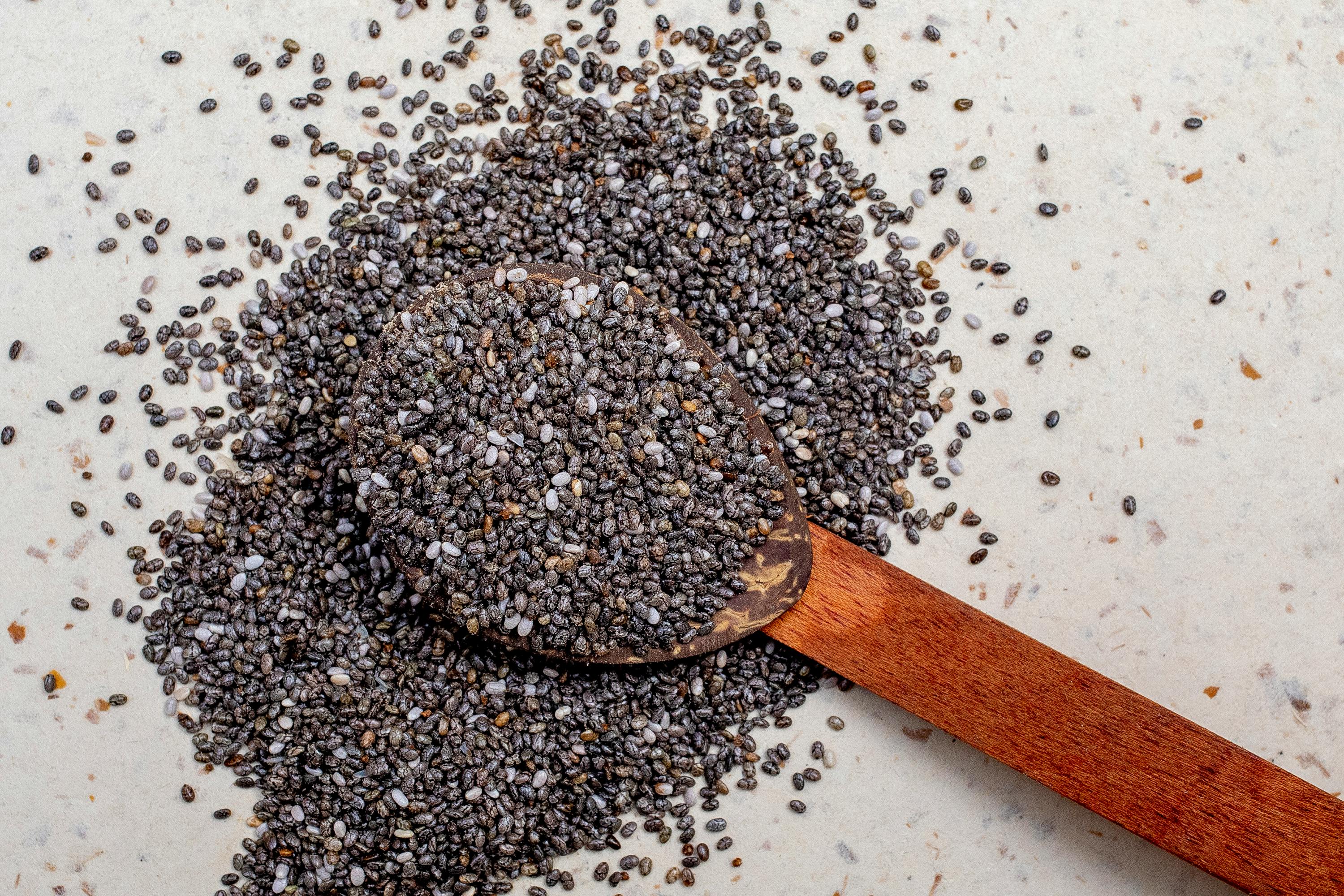High Fiber Foods 101: A Comprehensive Guide
High Fiber Foods 101: A Comprehensive Guide
Embarking on a journey to elevate your dietary habits often leads to the exploration of fiber—a powerhouse nutrient with the ability to transform your health from the inside out.
Whether it's the soluble type that helps to regulate blood sugar and cholesterol or the insoluble kind that keeps your digestive system in check, we've got your back.

What Is Dietary Fiber?
Dietary fiber is the part of plant-based foods that your body can't digest or absorb. Unlike other food components—such as fats or proteins—fiber passes through your system relatively untouched.
Soluble fiber, which dissolves in water to form a gel-like substance, is a champion at managing cholesterol and blood sugar levels. Insoluble fiber, on the other hand, acts like a broom for your digestive system, helping to keep things moving and prevent constipation. In the bustling lifestyles of many Americans, achieving the recommended fiber intake can be a challenge.
Why Is Fiber Important for Your Health?
Fiber isn't just about getting the digestive tract on track or being a silent health hero. Its role cuts across several critical areas of our health, making it less of an unsung hero and more of a daily necessity.
Digestive Wellness
First up, fiber and digestion have a pretty straightforward relationship. Think of fiber as the manager of your digestive system, ensuring everything runs on time, preventing constipation, and keeping you regular. This is fiber in its element, doing the grunt work so your system doesn’t have to.
Champion for Heart Health
Moving to the heart of the matter—literally—soluble fiber has a knack for helping us manage cholesterol. This isn't a dramatic showdown but a quiet process where fiber helps lower bad cholesterol levels, indirectly caring for your heart's well-being. It's a critical task, done without any fanfare but with significant implications for heart health.
Blood Sugar Stabilizer
On the blood sugar front, fiber slows down the absorption of sugar, helping keep your blood glucose levels from spiking. Fiber is a reliable tool for those managing diabetes or watching their blood sugar levels.










